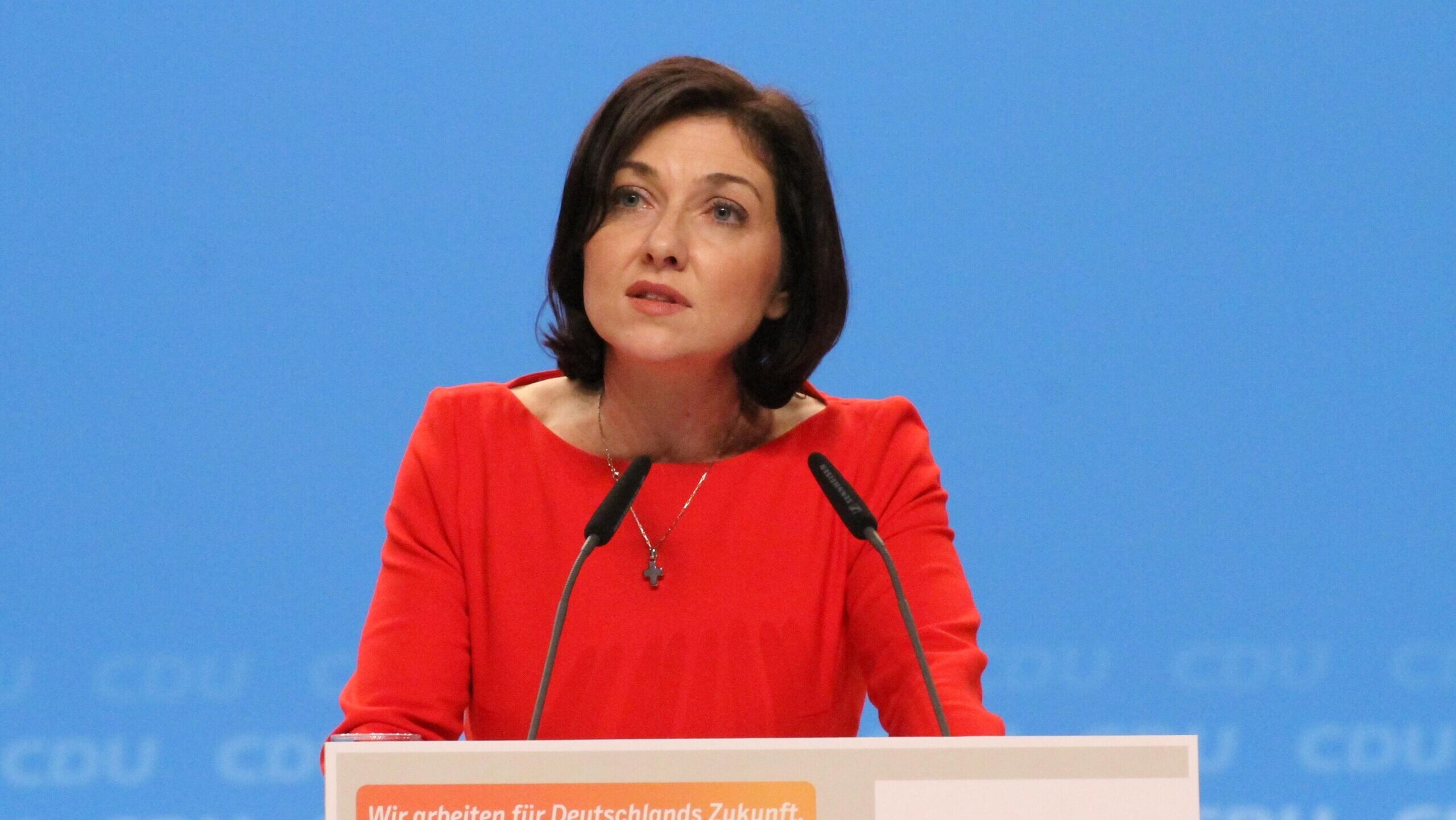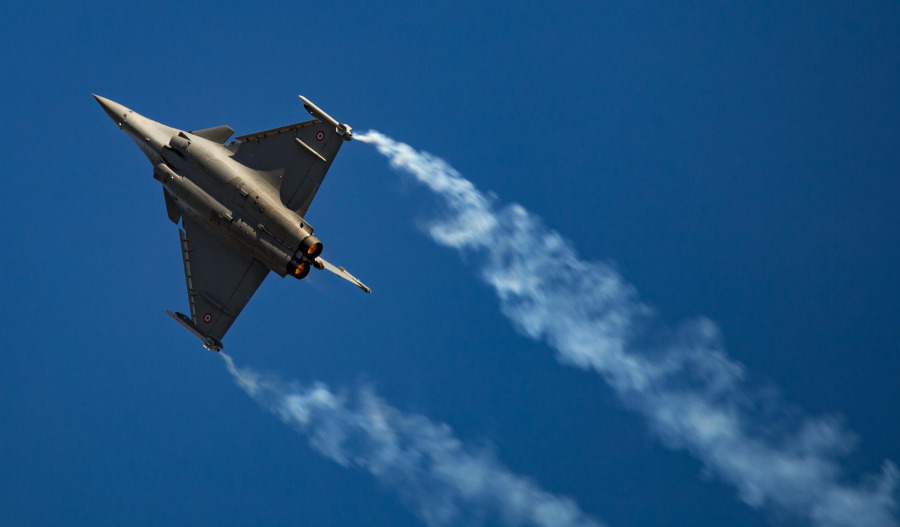In an attempt to ramp up defence industry production amid the growing threat posed by Russia since its 2022 invasion of Ukraine, Germany's economy minister, Katherina Reiche, is considering reallocating state financing from an existing fund earmarked to facilitate economic transformation.
She told delegates at a "Handelsblatt" conference on the defence sector on Monday that reallocating funds for defence could be a consideration.
Germany’s military aid contribution, the second largest after the United States, is considered essential to Ukraine's continued efforts to defend against Russian aggression and pursue a just and lasting peace.
While Reiche did not specify which fund, it’s understood she was referring to unspecified resources at the ministry's disposal and not the Climate and Transformation Fund.
"Rearmament is a security policy imperative, but it is also an economic and technological opportunity for Germany,” said Reiche.
Having concluded that "old certainties have disappeared" since Russia's full-scale invasion of Ukraine, and that Moscow appears disinterested in a ceasefire, Reiche believes it is right to make state financing available now to give the industry planning security.
Reiche’s talk of finding extra funding for defence follows recently announced plans by the German government to significantly increase the defence budget over coming years.
Meanwhile, it is still drawing down its special fund for modernising the Bundeswehr - armed forces of the Federal Republic of Germany - in order to turn it into Europe's largest conventional army.
Reiche’s hints at making even more funding available for defence follow an address by NATO Secretary General Mark Rutte in Germany last week, in which he emphasised the need to ramp up defence production in an increasingly turbulent security environment.
At a conference of the CDU/CSU and SPD parliamentary groups from the German Bundestag, Rutte highlighted the critical role of the defence industry for the Alliance's security.
“Defence industry in Germany - and across Europe and North America - matters more than ever,” said Rutte.
“Ensuring we are strong and successful is an absolute priority for NATO… Europe and America together are on course to turn the tide on defence production."
In June, following pressure from United States President Donald Trump, NATO countries formally committed to spending 5% of GDP on defence by 2035: 3.5% on “core” defence spending and 1.5% on “non-core” defence spending on bolstering critical infrastructure and civil preparedness.
Given that the EU’s nominal GDP was roughly nine times larger than Russia’s in 2024 - even without accounting for Britain, Turkey, and other non-EU NATO allies’ resources – Europe’s renewed commitment to military spending positions it well to defend against Russian aggression.
While some NATO countries are already pulling their weight or have announced plans to meet the new deadline well ahead of time, Spain has refused the new target altogether.
Meanwhile, Poland, the Baltics, the Nordics, and Germany all plan to reach 3.5% of core defence spending well before 2035 and will likely meet the 5% number well before the 2035 deadline as well.
Germany, which had failed to reach the 2% mark from 2006 to 2023, finally achieved this goal in 2024, demonstrating a heightened commitment to European security.
This Zeitenwende - turning point or sea change in German defence policy - has been accelerated by newly elected Chancellor Friedrich Merz, who has committed Germany to achieving the 3.5% on core defence spending in 2029.

Join our community of decision-makers. No card required
Join now

